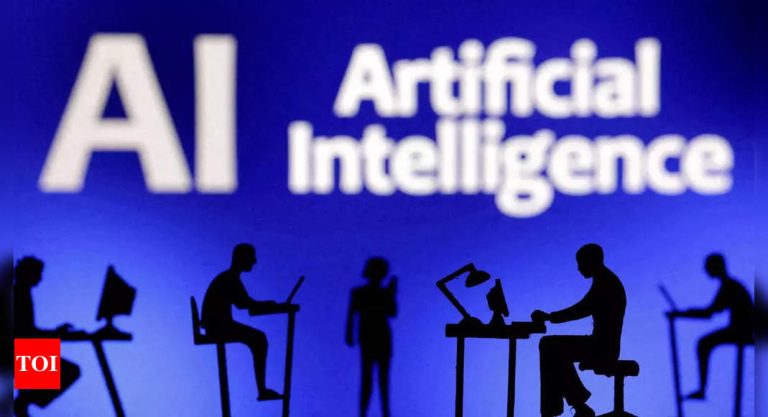In a statement to TechCrunch, Adams said, “Leonardo will continue to operate independently from Canva with a focus on rapid innovation, research and development, now backed by Canva’s resources. We will continue to offer all of Leonardo’s existing tools and solutions. This acquisition is designed to help Leonardo grow its platform and deepen its user growth through our investment, including expanding its API business and investing in R&D on foundational models.”
How is Leonardo.ai different from other AI image generation platforms?
Leonardo.ai, a Sydney-based startup founded in 2022, initially focused on creating video game assets. The founders, who met while working at a gaming company, have expanded the platform’s scope to encompass a broader range of industries.
Leonardo.ai now addresses diverse needs such as image generation in fashion, advertising and architecture. The company’s offering includes collaborative tools, a private cloud for models (including video generators) and APIs that allow customers to build custom technologies on the platform.
In an interview, the co-founders Jachin BhasmeJJ Fiasson, and Chris Gillis highlighted user control as Leonardo.ai’s key differentiator. The platform “Live canvas“The feature exemplifies this approach and allows users to sketch the desired outcome alongside a text prompt. Leonardo.ai then generates a photorealistic image in real time that blends the two inputs.
However, a crucial question regarding Leonardo.ai’s training methods remains unanswered, the report added. The company has not revealed details of how its internal models, such as the flagship “Phoenix” model, are trained.
This lack of transparency is particularly concerning given the potential legal issues surrounding the use of copyrighted content to train AI models without permission. The company said the models rely on “licensed, synthetic, and publicly available/open source data,” the report notes.


